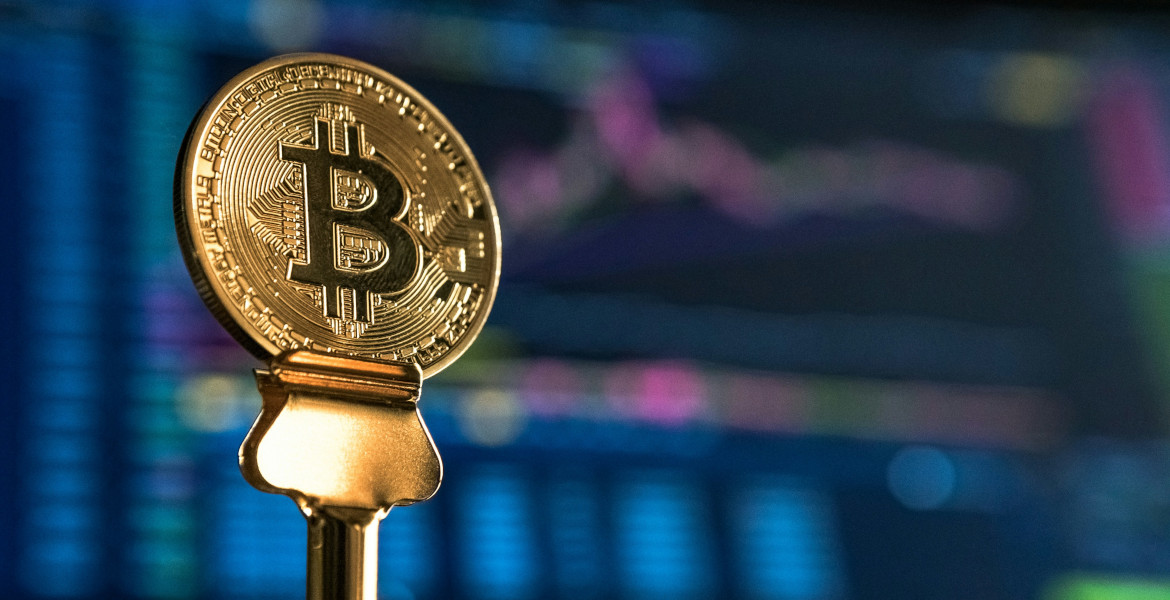Russian President Vladimir Putin recently signed a law giving the country’s central bank the right to issue its own digital currency. The digital ruble will be able to be used for regular payments, but its accounts will be managed by the central bank itself rather than by private entities.
Vladimir Putin has signed a new law paving the way for the introduction of a digital ruble, Russia’s equivalent of a central bank-issued digital currency. The law gives the country’s central bank, the CBR, the right to issue its own digital currency.
The digital ruble, long discussed within the walls of the CBR, will be used for payments along with other methods, according to the new amendments to the Civil Code. The new law passed its third and final review on July 11 and is awaiting the president’s signature.
The CBR has been working on the digital ruble project since 2020, when the bank published its first analytical report on the subject. Since then, the report has been updated with feedback from relevant regulators, Russian banks and other financial market participants. In February 2022, a pilot project was launched in cooperation with a number of Russian banks.
It is reasonable to assume that the digital ruble will be seen by Russia as a tool to circumvent the much-discussed sanctions imposed on the country by the US and Europe. There is also talk that the system will allow better control over how the Russian government spends money on various social projects.
The introduction of central bank digital currencies around the world is a controversial topic. Whether it is a tool for freedom or slavery remains yet to be seen.








